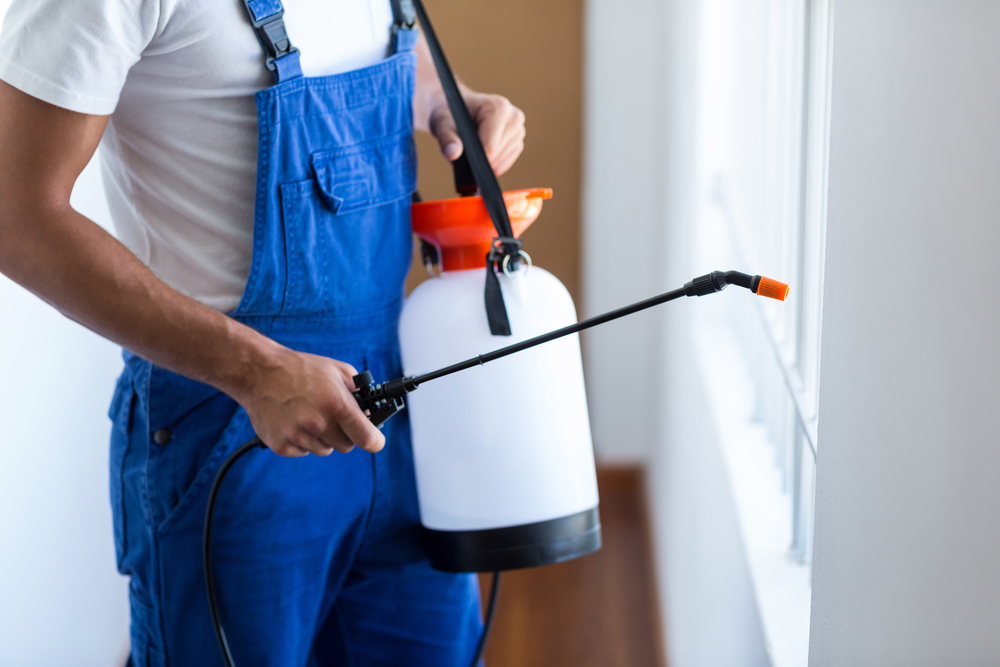When it comes to local exhaust ventilation and all UK local exhaust ventilation systems testing systems, these are precisely the kinds of operations that tend to be overlooked by business owners until they come crashing down or grinding to a halt…often quite literally. The trouble is that when something does its job behind the scenes, it’s all too easy to completely forget that it’s even there and thus pay it no mind at all. Sadly, the longer any such systems are overlooked, the more probable it is that they will eventually present all the more severe problems which will undoubtedly mean painful expenses to boot.
So in order to clarify just a few of the basics, here’s a quick look at a selection of the most important questions of all on the subject of LEV testing and inspection:
1 – Is Inspection Compulsory?
The answer to this question is Yes. The reason being that COSHH Regulation 9 states that you must have LEV systems tested and inspected, the government is quite clear when it comes to health and safety in general. All business owners must make sure that their employees are provided with safe and healthy working environments – the provision of safe and fresh air being a pretty critical element thereof. And as it’s really only the pros that can assess whether LEV systems are making this happen, it’s generally interpreted as pro inspection and testing being mandatory in order to comply with UK law.
2 – Can’t I Do It Myself?
In a word, no. It’s one thing to keep an eye out for the more obvious problems and potential safety issues when it comes to an LEV system, but in terms of actually testing it out and inspecting it comprehensively, it takes qualified, experienced professionals and a whole arsenal of special equipment. And just for the record – even if you were able to somehow get hold of the equipment you needed, chances are you still wouldn’t have a clue how to use it properly.
3 – What Will They Do?
In terms of what the testing teams actually do, it’s essentially a comprehensive process of ensuring that the LEV systems are doing what it is they are supposed to be doing with maximum efficiency. It’s one thing for them to be up and running, but if they’re only working to 50% efficiency, this could mean you’re looking at a very big problem indeed. The job of the LEV inspection team is therefore to look beyond the obvious for the kinds of problems and issues that may otherwise be difficult to find or identify, in order to then find the best solutions for each.
4 – Why is Testing Important?
As already touched upon above, LEV testing is important as it is really the only way of making sure that things are working as they should be. When an LEV system isn’t doing its job properly, it may be unable to ensure that a constant supply of clean and fresh air is available within the premises. Or worse still, it might actively be polluting the air in its own right. This leaves you open to court claims from employees for ill health. And as it’s impossible to see so many of the problems that can manifest behind the scenes without a full inspection and testing process, this is why it is so important to call in the professionals.
5 – Is it Worth Paying For?
Indeed it is as why it’s not the kind of service that’s likely to ever be offered for free, it could save any business a small fortune long term. The reason being that inspection and testing allows for the pre-empting of problems before they have chance to develop into something much more serious. Call it the proverbial ‘stitch in time’ saving nine, though in this instance it’s the health of your employees and your expenses that could do with being saved.
6 – What If I Don’t Test My Systems?
The long and short of it is that if you don’t test your systems as and when required, it’s only ever going to be a matter of time until things come crashing down around you – literally or otherwise. No LEV system in the world can run forever without a little TLC from time to time – deny it what it needs and it will be unable to carry on doing its job. And when the time comes that it cannot do its job, your business, your employees and your bank accounts will suffer – consequences to avoid at all costs. This being that you aren’t prosecuted and fined by the HSE first.






